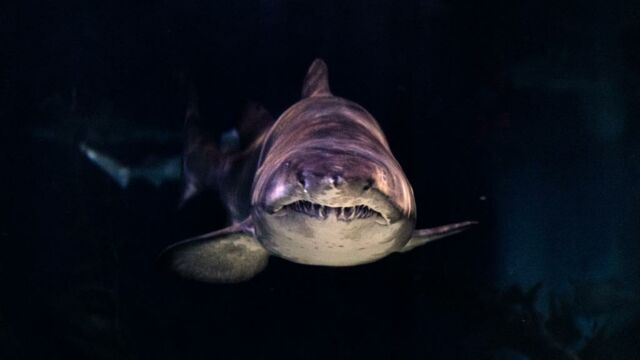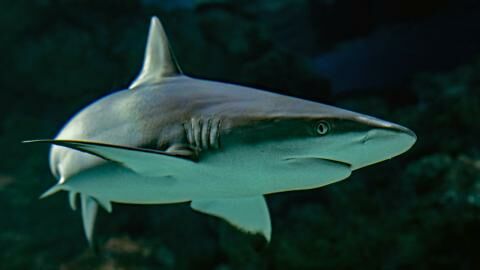A study conducted by a team of researchers from Australia has put forth evidence that great white shark attacks on humans is the result of a mistaken identity.
Discover our latest podcast
A lack of visual acuity
The researchers believe that a shark's inherent visual impairment might make it difficult for it to distinguish between swimmers at the water's surface from their natural prey. Dr. Laura Ryan from Macquarie University—the study's lead author—explains that:
They’re not these mindless killers, but we just happen to look like their food. Their acuity, or their ability to see detail, is much lower than ours.
The study, which was published in the journal Royal Society Interface, compared video footage of swimmers, surfers and seals from the perspective of a great white shark. What they found was that viewing both a surf paddling human and a seal from below the water, as the shark would, is difficult for it to differentiate.
This is mainly due to the fact that against the background skylight, the silhouette, shape or motion cues between a human and a seal are close to undistinguishable for the shark. Coupled with the fact that the aquatic animal is colourblind and has overall poor sight—their visual acuity is much less refined than that of humans—researchers believe that great white sharks do not actively seek out humans as prey.
Younger sharks have poorer eye sight
What's more, this lack of visual perception is even more pronounced in younger sharks. Dr. Ryan said:
As the shark grows, the eye becomes bigger – and as the eye becomes bigger, they also can see more detail. Between about 2.5 metres and 3.5 metres [long] is when they start to incorporate seal into their diet. In terms of the entire sensory repertoire, they’re not as finely tuned as an adult who’s obviously more experienced.
Although their evidence is convincing, Dr. Ryan says that this research is restricted to great white sharks. As a result, more data will need to be collected to be able to look into other species of sharks that have been associated with human attacks.















